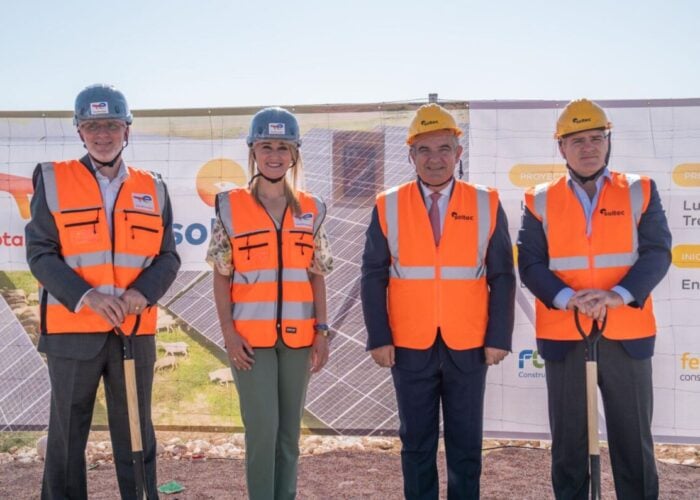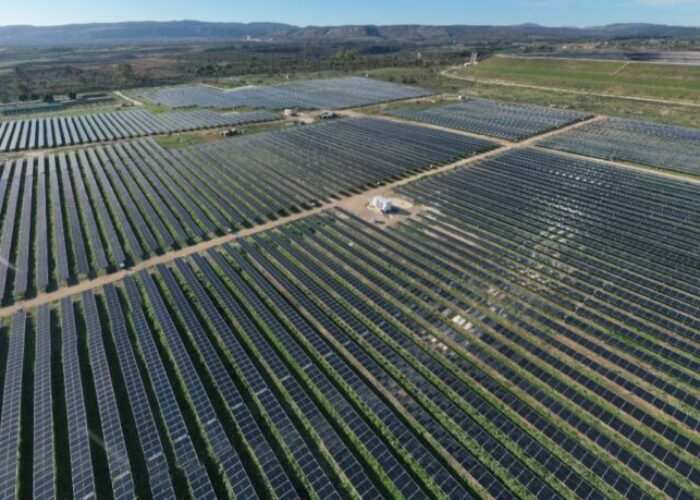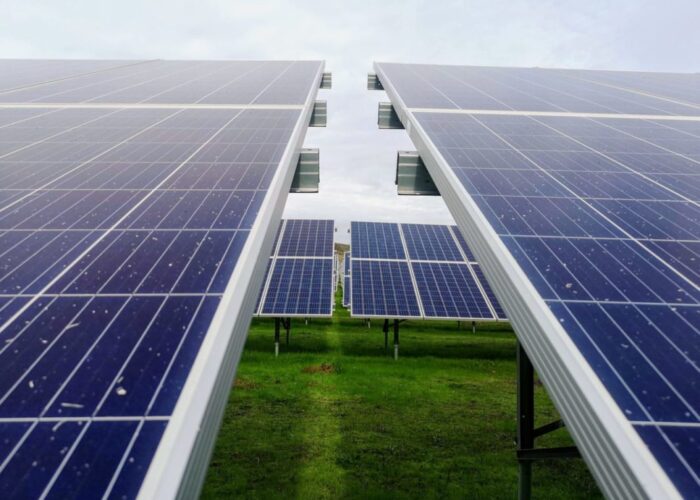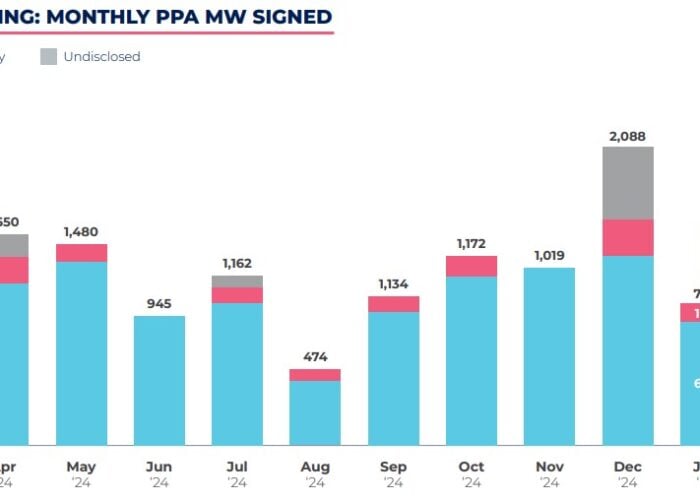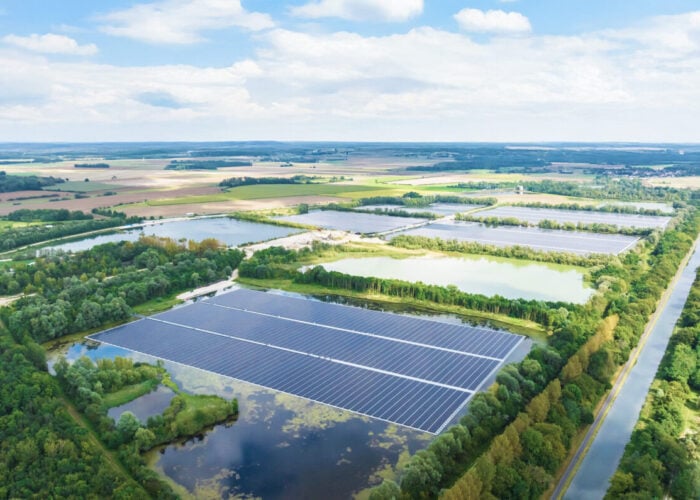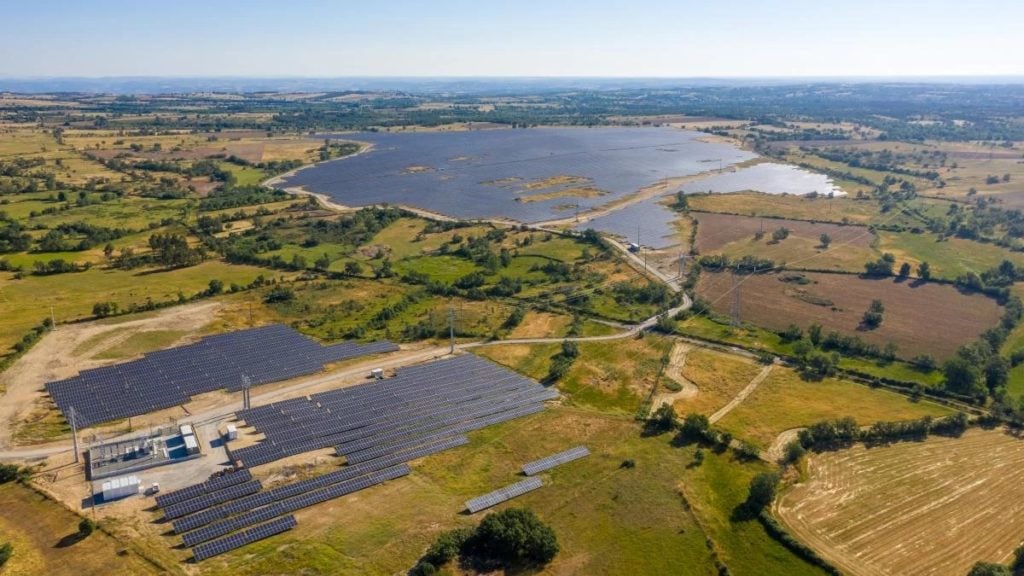
Portugal’s electricity regulator has said higher than forecasted solar and wind generation has allowed it to propose a 2.6% reduction in regulated tariffs to protect consumers in the country from soaring energy prices.
ERSE said the reduction would be possible due to better than expected “benefits” from renewables, as well as energy acquisition contracts and additional revenue from greenhouse gas auctions.
Unlock unlimited access for 12 whole months of distinctive global analysis
Photovoltaics International is now included.
- Regular insight and analysis of the industry’s biggest developments
- In-depth interviews with the industry’s leading figures
- Unlimited digital access to the PV Tech Power journal catalogue
- Unlimited digital access to the Photovoltaics International journal catalogue
- Access to more than 1,000 technical papers
- Discounts on Solar Media’s portfolio of events, in-person and virtual
The proposed tariff would be effective from 1 July and help 921,000 customers with contracts based on regulated tariffs.
“This exceptional review of tariffs in 2022 is essential to ensure greater tariff stability given the current context of high volatility in energy markets and the abnormally high price level in the wholesale electricity markets,” ERSE said.
ERSE will make a final decision on the tariffs by mid-June.
The proposal comes after the European Commission last week agreed to allow Portugal and Spain to decouple the price of gas from that of electricity for the next 12 months as part of efforts to protect consumers from rising prices.
As of 2021, Portugal had 1,513MW of installed solar PV, according to trade body SolarPower Europe. As part of efforts to accelerate deployment, it was recently announced that the country will no longer require environmental impact assessments for new solar projects with a capacity of under 50MW.
Portugal’s new government last month unveiled a plan to increase the share of renewables in electricity production to 80% by 2026, four years earlier than previously planned.
The country has since awarded 183MW of floating PV capacity in its latest solar auction, which closed with a world record-low price and saw bidders focus on hybridising projects to maximise grid connections.

